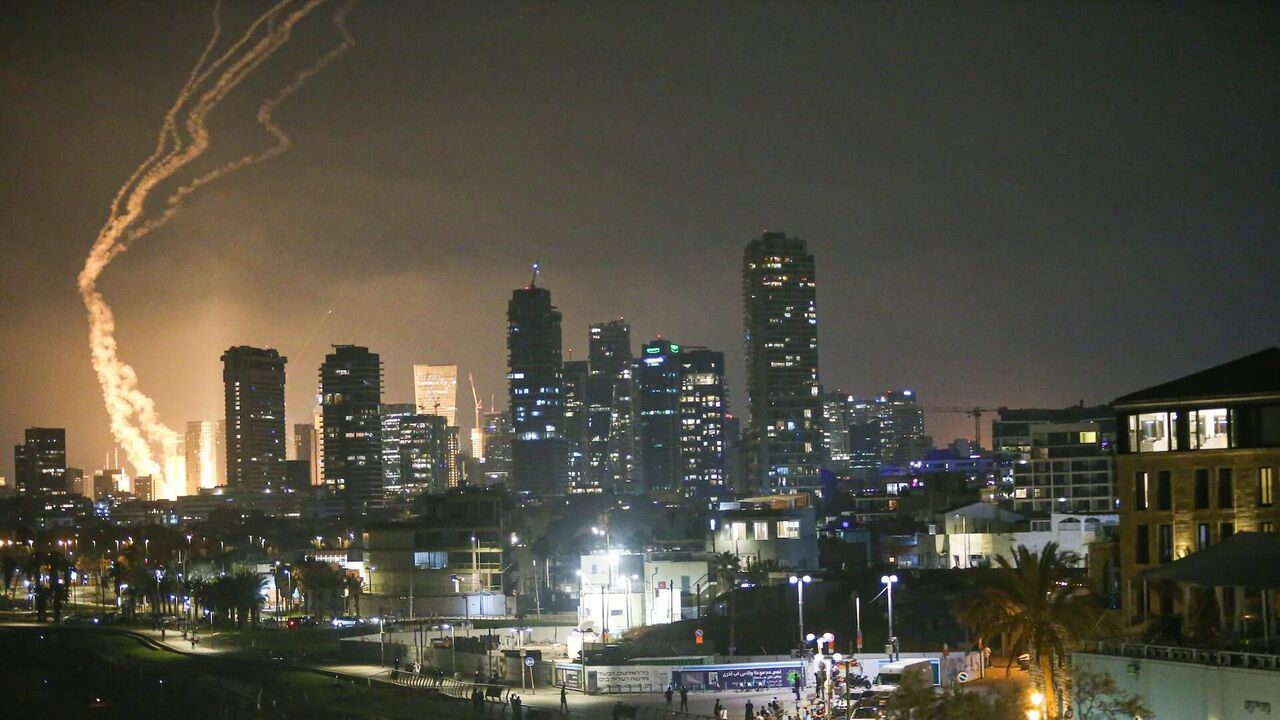
Similar Posts
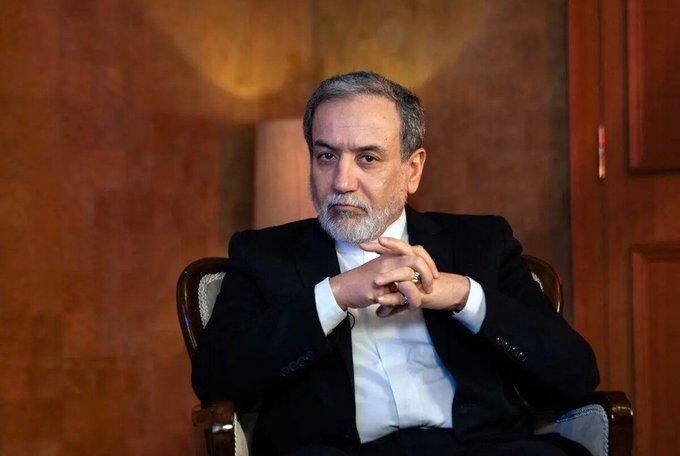
Israel’s Systemic Human Rights Violations Bar Its Inclusion in Regional Security Framework, Says Araqchi
Iran’s Foreign Minister Abbas Araqchi criticized Israel’s role in the West Asia region, stating its systemic human rights violations and militarization hinder sustainable security. In his memo, he argued that Israel destabilizes collective security efforts, maintains a nuclear program that undermines non-proliferation, and evades accountability while regional states comply with international norms. Araqchi highlighted the historical context of Israeli aggression and the current regional instability. He proposed that the future of West Asia should focus on institution-building, transnational cooperation, and inclusive governance, with Iran positioning itself as a supportive partner rather than a hegemonic power.
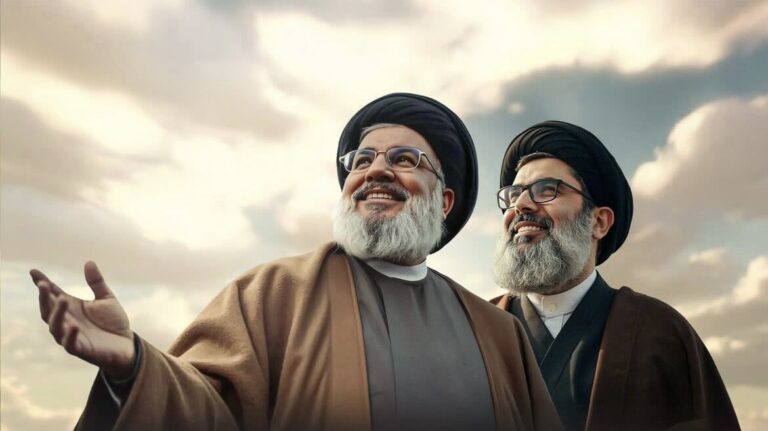
Iran Pays Tribute: Nationwide Ceremonies Commemorate Late Hezbollah Leaders
Recently, symbolic funerals were held across Iranian cities to honor assassinated Lebanese resistance leaders Sayyed Hassan Nasrallah and Sayyed Hashem Saffieddine. The ceremonies took place on Sunday in Tehran, Qom, Shiraz, Qeshm, and Zanjan, attended by notable Iranian officials, including IRGC Commander Major General Hossein Salami. He praised Nasrallah as the “most distinguished figure” in the Arab world, declaring Israel weaker than a “spider’s web.” Salami emphasized the resilience of the resistance front and vowed to continue the fight against the Israeli regime. Earlier, a significant funeral occurred in Beirut, drawing attendees from Lebanon and abroad.
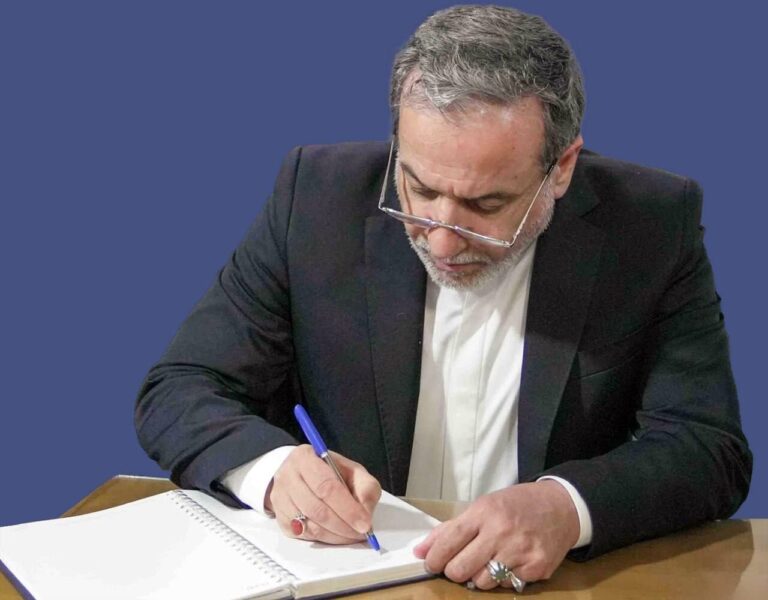
Navigating Europe’s Path: Strategies for Reclaiming Influence on the Global Stage
As the geopolitical landscape evolves, Iran-Europe relations face challenges, particularly following the U.S. withdrawal from the 2015 JCPOA nuclear agreement. European nations, particularly the EU3 (Britain, France, Germany), have struggled to assert their role, often sidelined in critical discussions and pressured by U.S. sanctions. Iran has warned that misuse of the JCPOA’s snapback mechanism could escalate tensions. Despite a history of strong ties, recent confrontational stances from Europe have weakened diplomatic engagement. Efforts to revive dialogue have begun, with Iran expressing willingness to cooperate on various issues, but time is running out for a renewed partnership.
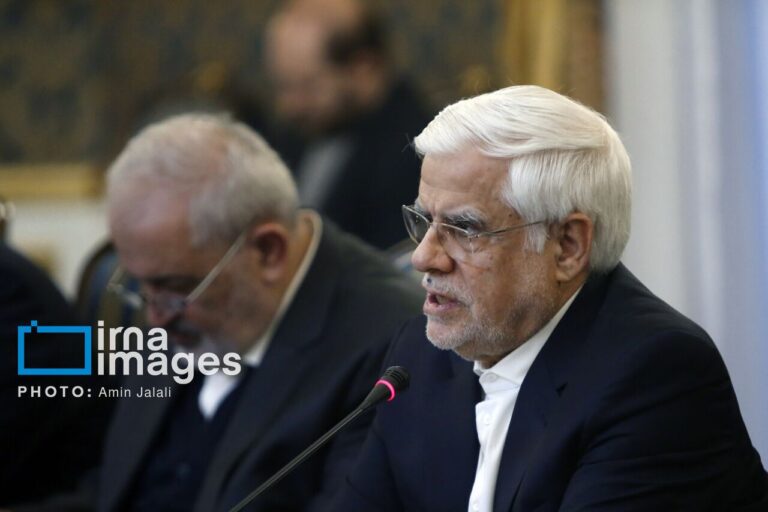
Iran and Tajikistan Strengthen Political Bonds: Vice President Declares Relations at Their Best
Iran and Tajikistan are bolstering their political and economic relations, with Iran’s First Vice President, Mohammad Reza Aref, emphasizing the partnership’s potential during a meeting with Tajikistan’s Prime Minister, Qaher Rasulzoda, in Tehran. Aref noted that their political ties are currently at their “best shape” and highlighted the meeting’s focus on strengthening bilateral relations and participating in the Third Caspian Sea Economic Conference. Both leaders expressed optimism about future cooperation, referencing recent agreements from Iranian President Masoud Pezeshkian’s visit to Tajikistan as a foundation for enhancing economic collaboration, promising mutual benefits for both nations.
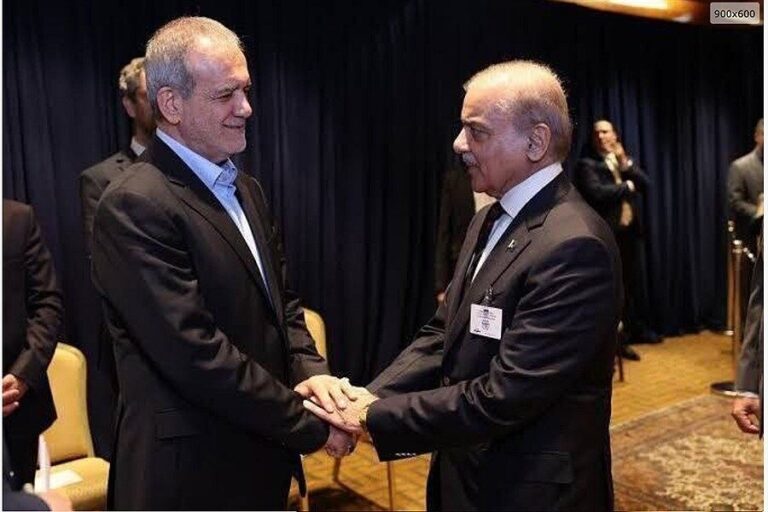
President Pezeshkian Extends Warm Welcome to Pakistani Prime Minister in Historic Meeting
On Monday, President Masoud Pezeshkian welcomed Pakistani Prime Minister Shehbaz Sharif in Tehran, enhancing Iran-Pakistan relations. The ceremony at the Sa’adabad Cultural Complex included the national anthems and introductions of high-ranking delegations. Following the event, the leaders engaged in bilateral talks to strengthen cooperation and address mutual concerns. Sharif, accompanied by Pakistani Army Chief General Syed Asim Munir, is on his second official visit to Tehran in a year. This meeting underscores both nations’ commitment to fostering stronger diplomatic and military ties.
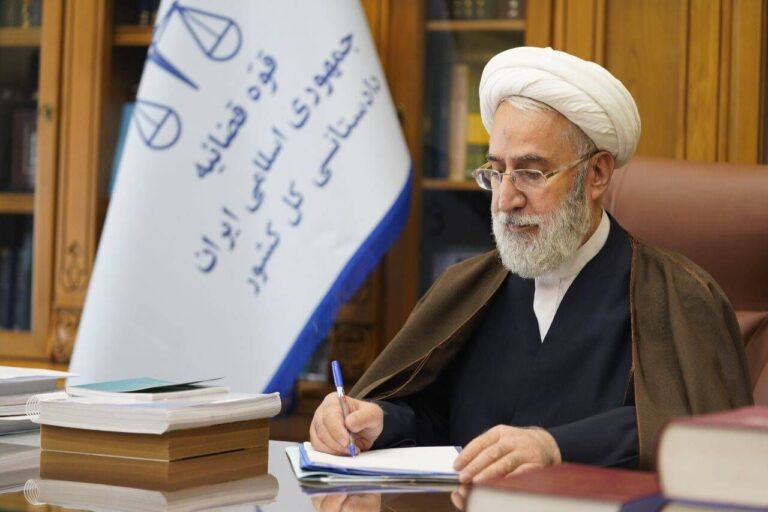
Iran’s Prosecutor General Calls for Swift Investigation into Assassination of Two Supreme Court Judges
A deadly attack in downtown Tehran has resulted in the assassination of two Supreme Court judges, prompting Iran’s Prosecutor General to launch an urgent investigation. Hojjatoleslam Mohammad Movahhedi Azad called for a thorough inquiry into the incident, which raised serious security concerns. Judiciary spokesperson Asghar Jahangir confirmed that arrests have been made and that some suspects have been identified. The victims, Hojjatoleslam Ali Razini and Hojjatoleslam Mohammad Moqiseh, were known for handling national security cases. Following the attack, an attempt to apprehend the gunman was made, but he took his own life. The government is focused on combating terrorism and ensuring judicial safety.